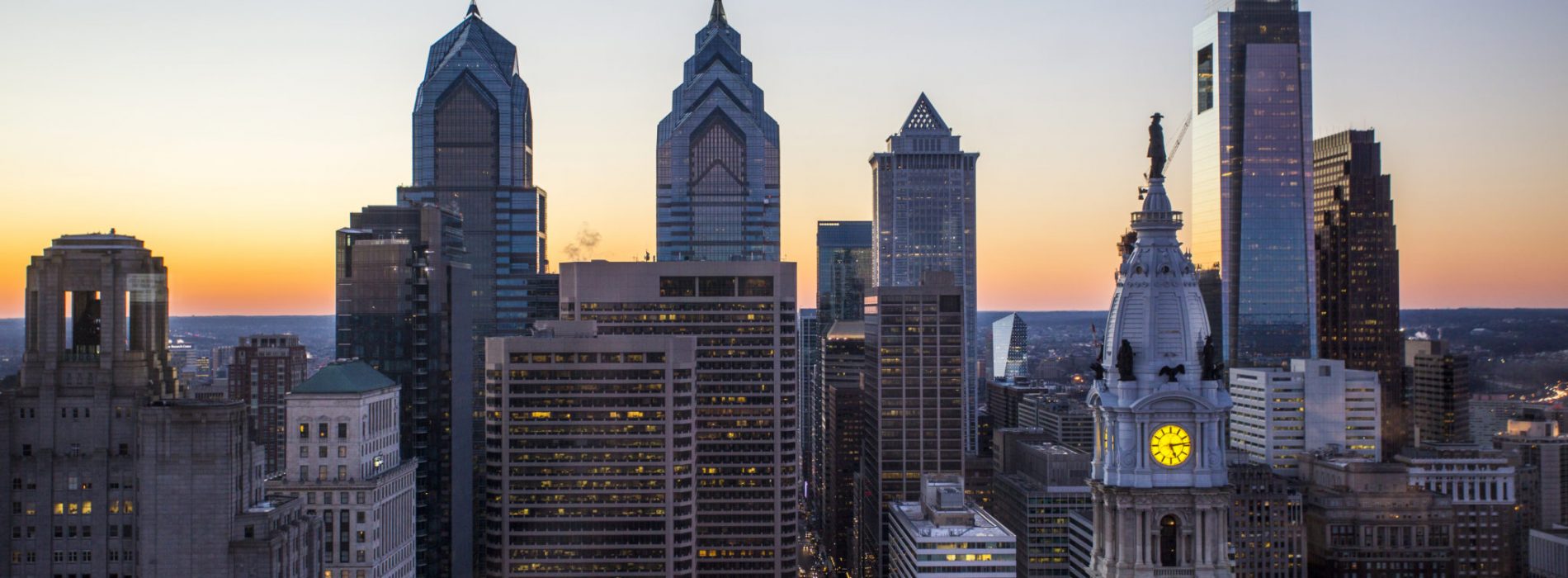When Everything Changed: Yitzhak Rabin and the Loss of Peace
By Mark J. Ehlers

All is changed; changed utterly – William Butler Yeats
Some events make history; others transform it. In my lifetime, few events had a greater impact on the American psyche than the assassination of John F. Kennedy in 1963 and the attacks on the World Trade Center in 2001. Both events caught Americans off guard. The first catapulted America from the Age of Innocence into the volatile and revolutionary Sixties. The second forced us to confront an unpredictable form of stateless warfare. With each event, America was changed forever.
For the people of Israel, history is a state of mind; life-altering events a more frequent presence. Since the nation’s founding in 1948, when the War of Independence broke out and this tiny Mediterranean country was forced to defend itself against surrounding Arab armies ten times its size, existential threats have been a fact of life. History there is made every day.
In the first two decades of its existence, Israel was an exotic land where Jews could make aliyah and, for some, escape the anti-Semitism and persecutions of their countries of origin. Israel was an experiment, a land of refuge, of visionaries and kibbutzim, a place of deserts and archaeological digs and ancient biblical history.
And then the Six-Day War happened, and everything changed.
In 1967, when the Israel Defense Forces (IDF) soundly and swiftly defeated five surrounding Arab armies threatening Israel’s destruction, the nature of Zionism and the perceptions of Israel changed forever. Israel was no longer just a safe haven for the victims of Jewish oppression and persecution, but a state to be reckoned with. For the first time in history, Jews were perceived as strong and powerful, able to defend themselves and create their own destiny. No one personified Israel’s new status better than the IDF’s then Chief of Staff, Yitzhak Rabin.
Rabin was a man of undisputed toughness and pragmatic wisdom, uncompromising in his commitment to the security of Israel, but pragmatic in his understanding of the geopolitical limitations of Zionism. Having helped lead the forces in 1967 that resulted in the military occupation of the West Bank and Gaza Strip, Rabin understood that the occupation could not continue forever. He also understood better than most that the visionary ideals of Israel’s Zionist founders, of a free and democratic Jewish state, remained in constant tension with the more expansionist religious and nationalistic claims to a Greater Israel.
“Israel is no longer a people that dwell alone,” he said over a quarter century later, alluding to the burdens of occupation. “Peace requires a world of new concepts, new definitions.” Rabin understood that to achieve peace great leaders must be willing to negotiate and compromise with their enemies. Even in times of great stress, perhaps most especially then, when destructive forces are determined to sabotage the peace process, “We must think differently, look at things in a different way.”
In my lifetime, peace between Israel and the Palestinians has remained elusive. There are times — and the present is no exception — when peaceful coexistence seems almost impossible. But just after the Oslo Accords of 1993, when then Prime Minister Rabin and PLO leader Yasser Arafat shook hands on the White House lawn standing between the outstretched arms of President Bill Clinton, the promise of peace seemed within reach. In the Declaration of Principles signed by these embattled leaders, the PLO formally recognized Israel’s right to exist and Israel agreed to formation of an independent Palestinian Authority as a starting point for future peace negotiations.
“We are destined to live together, on the same soil in the same land,” Rabin declared from the White House lawn on a beautiful, sun-filled September day, his archenemy Arafat standing right behind him. “We say to you today in a loud and clear voice: Enough of blood and tears. Enough.” Rabin spoke of the need for mutual respect and understanding, and in words directed specifically to the Palestinians, he emphasized: “We, like you, are people who want to build a home, to plant a tree, to love, live side by side with you in dignity, in empathy, as human beings, as free men. We are today giving peace a chance and again saying to you in a clear voice: Enough.”
I remember watching the White House ceremony on television that September day 24 years ago, and feeling profoundly hopeful. I truly believed I was witnessing one of the more significant historical events of my lifetime. I still get goose bumps when I think of the momentous possibilities that occasion promised. It was a day of hope and longing. The dream of peace seemed real and achievable. But it was not to last.
On November 4, 1995, after addressing 100,000 people at a Tel Aviv peace rally, Israeli Prime Minister Yitzhak Rabin was struck down by an assassin’s gunshots. Yigal Amir, a 25 year-old law student from a suburb north of Tel Aviv, convinced that he was fulfilling the commands of God, murdered Rabin in the public square. It was a day that shocked the world and forever altered the course of history.
The murder of Rabin shook Israel to its core and dealt the peace process a mortal blow. Most shocking of all was the notion that an Israeli Prime Minister was killed not by a Hamas sympathizer or Palestinian extremist, but by a fellow Jew who believed Rabin’s murder was justified by an arcane category of Jewish religious law. Equally disturbingly, Amir’s actions were tacitly encouraged and provoked by a growing segment of Israeli society dominated by ultra-Orthodox rabbis and militant West Bank settlers, who believed Rabin was a traitor to the Jews.
The country was changing from within. The Israel created and developed by its mostly secular Zionist founders, people like Rabin – David Ben Gurion, Chaim Weizmann, Golda Meier, and others – was being threatened by political and religious forces that demonized Rabin and anyone who sought a territorial compromise to the occupied lands. The peace rally where Rabin was assassinated had been formed in response to the many opposition rallies then taking place in Israel, organized and led by right-wing nationalist and ultra-Orthodox religious groups opposed to any compromise with the Palestinians. At these rallies were signs of “Death to Rabin” and photos of the Israeli Prime Minister in a Nazi uniform. Many of the people who attended the anti-peace rallies considered the West Bank part of the rightful, biblical land of Israel, the land of Judea and Samaria, and believed that anyone willing to cede these lands to the Palestinians was treasonous.
These were dangerous times. Extremists on both sides shared the same goal – defeat the peace process at any cost. For two years after the Oslo Accords, Palestinian extremists stepped up their terror campaign with a string of deadly suicide bombings on public buses and crowded streets, each attack designed to undermine Israeli tolerance for a peace deal. Occasionally, Palestinian extremism was countered by the acts of Jewish extremists, including Baruch Goldstein, who in 1994 gunned down 29 Palestinians in Hebron as they prayed in a mosque. Goldstein was part of a West Bank settler movement that viewed Rabin’s decision to transfer parts of the West Bank to Palestinian control as an existential threat to what they perceived as their biblical birthright. These were dangerous times indeed.
And yet, Yitzhak Rabin, a war hero, the first native-born Israeli Prime Minister, and one of the most respected military leaders in the history of Israel, was the one man who had the fortitude, backbone, and credibility to see the peace deal through despite the Palestinian terrorists and Jewish extremists who sought to undo the deal. Not since Rabin’s death has Israel had a leader to match the visionary toughness and pragmatic wisdom of Rabin. In that time, Israel has become even more divided. West Bank settlements have expanded and become more entrenched. Palestinian divisions between the Hamas and Fatah factions have become more intensified, Hamas growing stronger with the construction of each new settlement.
The tragedy of the November 4, 1995, assassination is not simply because a great man and visionary leader was murdered. It is because an inconsequential man succeeded. Yigal Amir altered the course of history from which Israel has yet to recover. As noted by Dan Ephron in Killing a King: The Assassination of Yitzhak Rabin and the Remaking of Israel (W.W. Norton & Company, 2015), the assassination of Rabin helped “tip the balance in the right’s favor by killing the one man who had both a vision for peace with the Palestinians and the public confidence required to keep it going, even in the face of terrorist attacks.”
The death of Yitzhak Rabin destroyed the collective innocence of the Israeli people. Until then, they believed that, however divided they may be religiously and politically, they would never take the life of one of their own for religious or political reasons. The murder of Rabin plunged Israel into a state of despair from which it has not recovered. It changed everything.
In 1975, Rabin told then Secretary of State Henry Kissinger that he regarded “every IDF soldier as my responsibility – almost as if he were my son.” It was with this heavy burden of obligation that Rabin created a momentum toward peace. He knew the value of military power. He also understood its limits. Twenty years later, we can only hope that the legacy of Yitzhak Rabin and the path toward peace are rekindled like the eternal flames that burn in his honor. For otherwise Israel’s greatest tragedy will not be the downfall of a great leader, but the rise of a destructive movement led by those opposed to peace and compromise at any cost.
Mark Ehlers serves on the J Street Philadelphia Executive Committee. A lawyer, author, and former federal prosecutor, he currently is the managing director of a corporate investigations firm. This essay is re-printed from The Journey Continues: Collected Essays on Life, Baseball, People, and Ideas 2014-2016 by Mark J. Ehlers (Bookstand Publishing 2017), pp. 134-138.


